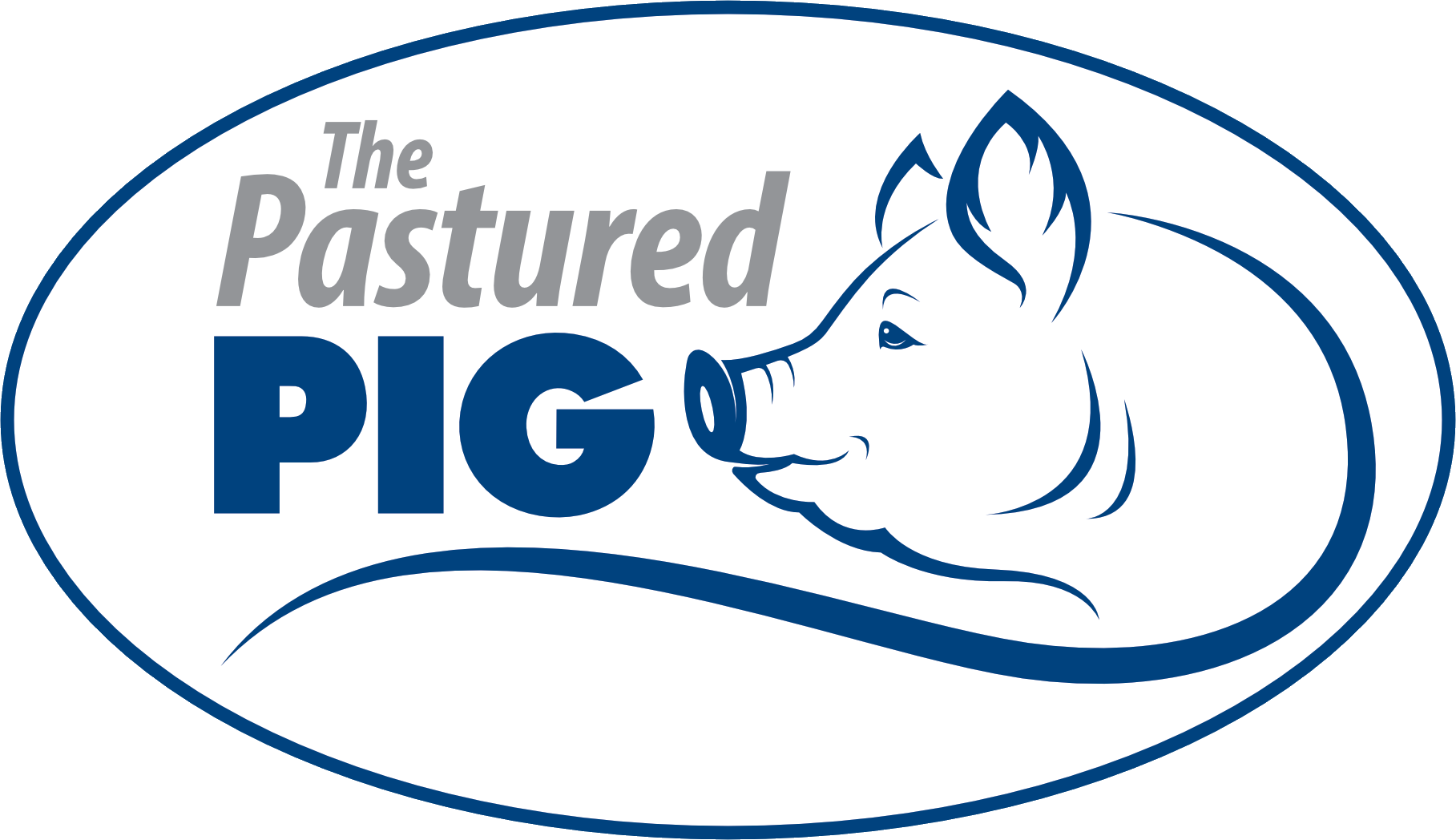There is no doubt if you have visited the grocery store recently, you have seen the dramatic increase in the price of eggs. For those who have their own backyard flock, you have probably heard your friends complain about the cost or the availability of eggs lately. So why are eggs still so expensive and are the prices ever going to drop?
EGG SHORTAGES WILL CONTINUE FOR THE FORESEEABLE FUTURE
According to the CDC and the USDA, the avian flu (H5N1) is still an active virus that is affecting the poultry industry in the US (and globally). Many large scale producers are having to destroy their entire egg production flock in attempts to eliminate the spread of the virus. Destruction of chickens is still ongoing as outbreaks occur. Couple that with the maturation time of new chicks to egg laying hens, the shortage of eggs is not going away soon.
ARE BACKYARD FLOCKS VULNERABLE?
There is some misinformation circling that backyard flocks are somehow impervious to infection. While chances of infection are much less than large poultry operations, our small homestead flocks are very much just as susceptible to infection. Maybe even more so with free range birds.
Avian flu spreads through contact with other birds. Farms get infected via transmission from wild birds especially water fowl like ducks and geese. Once your flock is infected, there is not much you can do as there is no treatment for avian flu in chickens. Your best measure is to practice preventative measures.
STEPS TO PREVENT AVIAN FLU
The best way to keep your backyard flock safe is to reduce exposure to wild birds and outside contaminates as much as possible. Look at not only your setup for your flock but also how contaminants might reach your flock from off of your homestead. Here is a list of things to consider:
- Pond or river nearby that ducks and geese visit frequently
- Chicken feed spread out and accessible to wild birds
- Recently acquired chickens (purchased or given)
- Visitors to your farm who also have chickens, ducks, geese, etc
- Less than ideal living conditions for your flock (dirty conditions reduce immune systems)
AS A HOMESTEADER OR SMALL FARM, WHAT SHOULD I DO NEXT?
This article is not a call for fear and anxiety. We want you all to be aware of the potential but we also want you to take as much control of this situation as possible. Your friends and neighbors may have to rely on your backyard flock to help provide them eggs during this outbreak.
If you have implemented the preventative measures, we recommend that you “double down” on egg production. Here is why:
- If you sell eggs to help offset feed costs or to make additional income on the homestead, take advantage of the fact you can still produce a product that is local and healthy. The demand is increasing so you should have plenty of opportunities to sell as many eggs as you wish.
- Don’t price gouge but don’t lose money either. For many years, egg sales have always had very tight margins due to competition and people not really worrying about access to eggs. Make sure you are getting the right price for your product and explain to your customers as such.
- Explore philanthropic opportunities with your extra eggs. Many food pantries are experiencing these shortages as they try to feed the needy in their area. Offer eggs to them as part of community service or your ministry to help the needy.
- In the last 3 years, we have seen our food industry take a major hit and has reveal just how frail it is. Backyard chickens have always been integral in providing food security and independence for families. Consider your flock as a savings account for food. Go one step further and look into preserving eggs for long term storage.
HOW DO I SAFELY DOUBLE DOWN ON CHICKENS
We want to offer some practical steps on how to increase your flock at this time while considering the risks of doing so. Here are some suggestions:
- If you have a rooster, take advantage of his abilities and look for broody hens that can hatch eggs for you. Let God’s design provide more chickens for you that can replace aging hens or provide greater numbers.
- Buy an incubator. Incubators come in all shapes and sizes and have become very affordable. If you don’t have a rooster (thus not providing fertilized eggs), try to get some from a local friend. Just practice biosecurity steps when doing so.
- Get chicks from local sources. By local, we mean other homesteads, especially those who don’t have water fowl or large bodies of water around their farms. Keep biosecurity protocols.
- Order chicks from reputable sources. These larger hatcheries are spending tons of money in biosecurity to keep their flocks safe. Shipping from their facility is somewhat secure and could provide a clean source of new chickens.
- Avoid local feed store chicks. We normally discourage buying from these sources in the first place as they don’t always have the best selection or ideal animal husbandry practices. Also, many people come and go in those stores (staff and customers) and tend to handle the birds way more than the larger hatcheries.
If you get live birds from anywhere, make sure you quarantine them for several weeks before putting them in with your main flock. Be sure to consider all the biosecurity steps when visiting those two locations daily. Don’t be the reason your main flock gets infected even though you kept them separate.
Backyard flocks could be the best source of high quality, affordable eggs for communities all across the country for the foreseeable future. Take the time to protect your flock but also take the time to invest in your flock to not only provide food for your family and friends, but to others who may look to you as an invaluable source of food.
Resources to consider:
Egg shortage won’t end anytime soon







Appreciate the information here in SE Texas. May God’s blessings continue to be upon you and your family.
Thank you very much for some invaluable information.